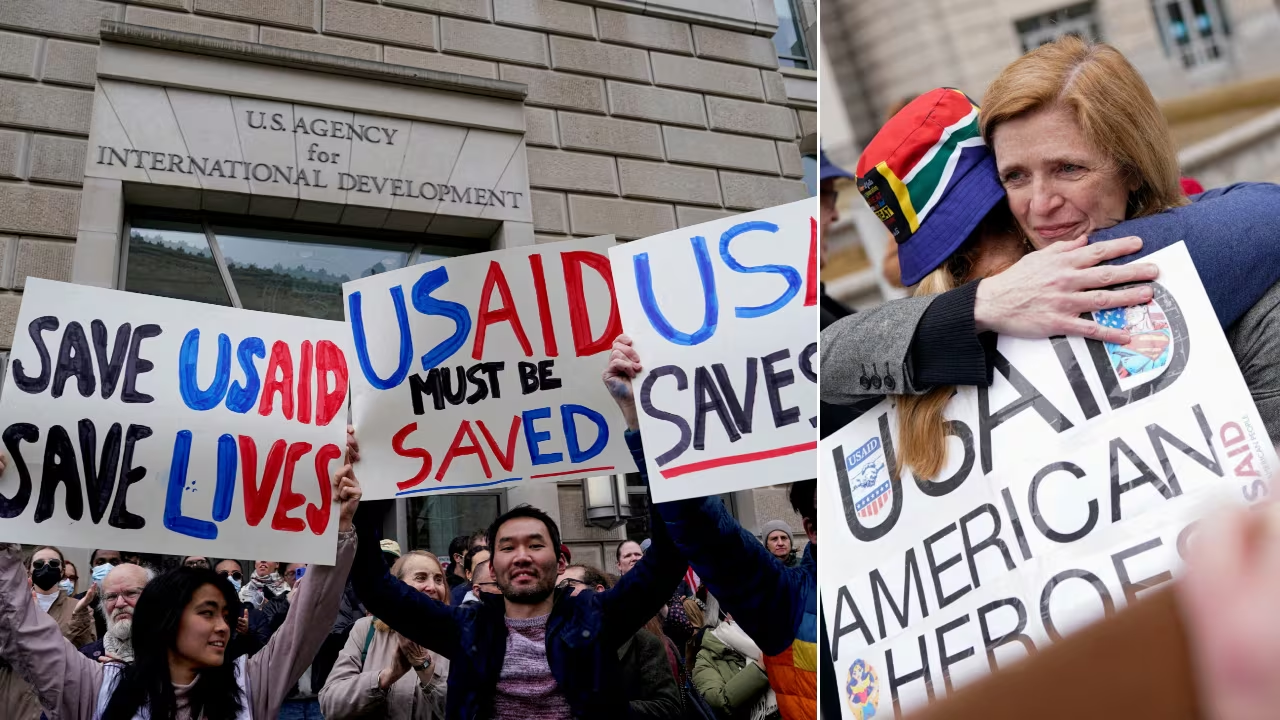
NGOCSTIP – US Aid Cuts Threaten Global Fight Against Human Trafficking starts with a stark warning from analysts who track civil society dynamics worldwide. Freedom Collaborative confirms that reductions in international assistance from the United States are severely jeopardizing anti‑trafficking efforts. Vital programs that support victims and conduct rescue operations risk collapse without sustained funding. Community groups that previously depended on foreign grants now face uncertain futures. Frontline services such as shelters, helplines, and legal aid clinics could disappear or downgrade. Monitoring of policy implementation and advocacy campaigns may lose traction. Meanwhile anti‑exploitation networks lose cohesion as resources dry up. Without alternative funding streams these organizations cannot survive. The ripple effects could be catastrophic. Vulnerable populations may fall through the cracks of weakened protection infrastructure. The global fight against trafficking will not only slow but reverse progress made over decades.
US Aid Cuts Threaten Global Fight Against Human Trafficking echoes in communities where civil society organizations have long been lifelines for survivors. In regions across Africa Asia Latin America and Eastern Europe those groups have led rescue missions case management and reintegration services for survivors. Funding cuts mean that crisis hotlines may shut down operations. Legal advocacy aimed at prosecuting traffickers may no longer be sustained. Grassroots groups face closure without emergency grants. Activist networks will struggle to coordinate across borders. Many of these NGOs serve populations ignored by state agencies and rely on international donors to remain operational. They provide shelter counselling psychosocial care vocational training and public awareness campaigns. The loss of their work creates gaps in protection systems and exposes survivors to secondary exploitation. With dwindling support civil society loses capacity to influence policy makers and hold governments accountable.
Frontline organizations are among the hardest hit by US Aid Cuts Threaten Global Fight Against Human Trafficking. Street outreach teams working with exploited laborers and trafficking survivors may cease operations. Safe houses funded by international grants risk shutting doors. Rehabilitation programs offering psychological counselling health care education and job placement could face closure. This would leave survivors without critical support at their most vulnerable moments. Legal aid organizations may struggle to represent victims in court. Social workers might lack funds for transportation or case documentation. Without consistent resources many survivors may return to abusive environments simply because they lack alternatives. Prevention programs targeting at‑risk groups will have limited reach. Public education campaigns likely reduced. The capacity to operate safe reintegration pathways diminishes. In short frontline protection infrastructure weakens rapidly when funding dries up.
Freedom Collaborative warns that US Aid Cuts Threaten Global Fight Against Human Trafficking by undermining civil society independence. Many anti‑trafficking NGOs maintain credibility by refusing government funding to avoid political influence. Without foreign grants those same organizations may be forced to accept local government or private sector funding which may come with conditions or censorship. Independence from geopolitical influence allows these groups to challenge abusive practices by state and nonstate actors. But financial desperation may force them into compromises. Monitoring of trafficking cases may be curtailed when funding sources impose restrictions. Advocacy for legal reforms may be abandoned to retain financial support. This creates a conflict between survival and mission integrity. Grassroots organizations may lose their watchdog role. Trust from survivor communities can erode. Ultimately the ability to maintain transparency and accountability weakens when funding independence is sacrificed.
“Read more: Parents Beware: This Small Eye Lump Might Be a Dangerous Hordeolum!”
Finding alternatives to US Aid Cuts Threaten Global Fight Against Human Trafficking requires innovative solutions and multistakeholder collaboration. Therefore, philanthropic foundations regional banks and private sector actors can fill funding gaps. Social enterprises that generate revenue while serving survivors offer sustainable models. In addition, crowdfunding and diaspora support networks can mobilize grassroots resources. Partnerships between international NGOs and local community groups can redistribute expertise and reduce overhead. Meanwhile, governments themselves can allocate domestic budgets for anti‑trafficking programs. Regional bodies such as African Union ASEAN and the EU can create pooled funds to ensure continuity. Furthermore, capacity building for civil society to engage in income generating social programs can reduce reliance on grants. Technical support for impact measurement and accountability increases donor confidence. Ultimately, maintaining coordination platforms ensures shared strategy rather than isolated efforts. The survival of anti‑trafficking infrastructure depends on such adaptive responses to the withdrawal of global aid.